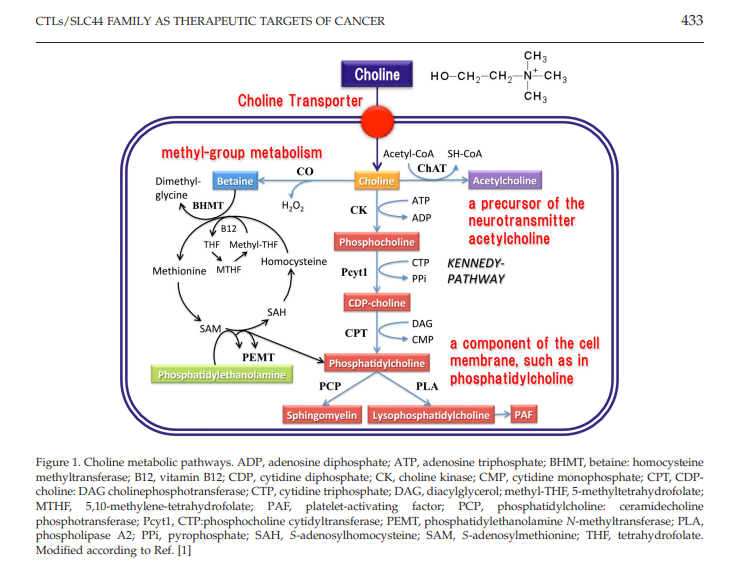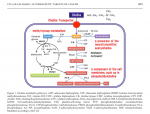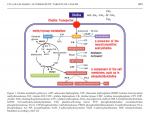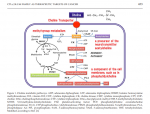- Messages
- 29
Hello,
Is there a post somewhere that gives a handy outline of what symptoms indicate a need for what in relation to the methylation cycle? I'm having some success with tackling my health issues from that angle -- getting my methylation cycle going, which had evidently all but died -- but it's herky-jerky, trial-and-error as I I try to figure out when my body's crying for B12, when it needs Mfolate, when it needs niacin because methyl is piling up, when it's low on electrolytes because things are starting to "go" in my body and are using up electrolytes, when it's crying for methionine because it didn't have enough before starting Mfolate. I've read articles like Ben Lynch's here...
http://mthfr.net/preventing-methylfolate-side-effects/2014/11/26/
...but I could really use lists of "If you have this symptom the cycle is probably stalled here____and you need _____." I've gotten snippets from posts I've come across, but with my brain fatigue it's hard to follow it all. A "symptom navigator" that cuts to the chase bullet-point style would be so helpful. Is there a post or webpage someone could direct me to for something like that?
Thanks,
OneToughCanary
Is there a post somewhere that gives a handy outline of what symptoms indicate a need for what in relation to the methylation cycle? I'm having some success with tackling my health issues from that angle -- getting my methylation cycle going, which had evidently all but died -- but it's herky-jerky, trial-and-error as I I try to figure out when my body's crying for B12, when it needs Mfolate, when it needs niacin because methyl is piling up, when it's low on electrolytes because things are starting to "go" in my body and are using up electrolytes, when it's crying for methionine because it didn't have enough before starting Mfolate. I've read articles like Ben Lynch's here...
http://mthfr.net/preventing-methylfolate-side-effects/2014/11/26/
...but I could really use lists of "If you have this symptom the cycle is probably stalled here____and you need _____." I've gotten snippets from posts I've come across, but with my brain fatigue it's hard to follow it all. A "symptom navigator" that cuts to the chase bullet-point style would be so helpful. Is there a post or webpage someone could direct me to for something like that?
Thanks,
OneToughCanary




